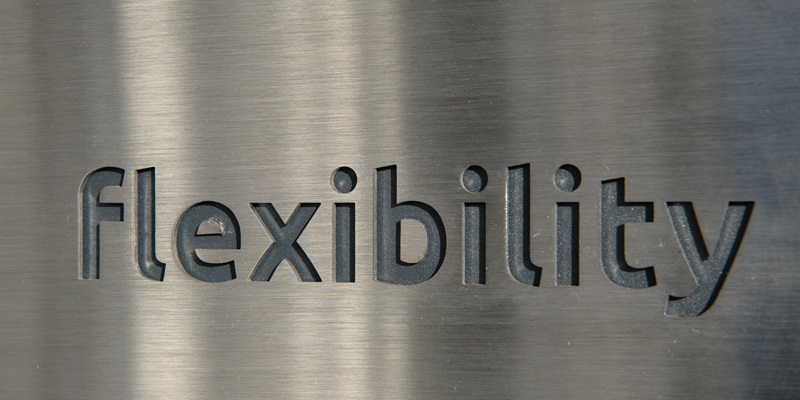In today’s rapidly evolving work landscape, the value of flexibility in the workplace cannot be underestimated. It is not just a perk; it is a fundamental aspect that contributes to employee satisfaction, work-life balance, and overall fulfillment. As employee expectations and demands continue to evolve, it is essential for employers to recognize and prioritize the need for equitable flexibility. This article aims to shed light on the importance of embracing flexibility within the workplace culture, the benefits it brings to both employees and employers, and strategies to attract and retain top talent by accommodating employees’ expectations.
The need for equitable flexibility
Traditionally, workplace flexibility has only been offered to employees who clearly demonstrate a need for it, such as those with medical appointments or familial responsibilities. However, the landscape is shifting, and employees from all walks of life are now demanding and expecting flexibility. It is crucial to acknowledge that just because an employee may not have specific needs for flexibility does not mean they do not value it. All employees, regardless of their circumstances, can greatly benefit from a flexible work environment. By providing flexibility as a standard practice, employers can better support their employees’ work-life balance and enhance their sense of fulfillment.
Creating a culture of equitable flexibility
To foster a workplace that values and prioritizes flexibility, leaders need to invest time and effort in understanding their employees’ unique needs. This requires open communication channels, active listening, and a willingness to adapt to individual circumstances. Strategies such as flexible schedules, remote work options, and results-based performance evaluations can contribute to establishing a culture of equitable flexibility. By accommodating different work styles and personal commitments, employers can create an environment where employees feel trusted, respected, and empowered to perform at their best.
The Benefits of Equitable Flexibility
When employees have access to equitable flexibility, they experience increased connection and engagement with their work. This, in turn, leads to higher productivity and enhanced job satisfaction. Moreover, offering flexibility enhances employee retention rates. By providing a work environment that values work-life balance, employers can reduce burnout, improve mental health, and boost overall morale among their employees. As a result, employees who feel valued and supported are more likely to stay committed to their roles and contribute to the company’s long-term success.
Shifting attitudes towards flexibility
In the past, flexibility may have been viewed as a “nice-to-have” perk, granted reluctantly to certain employees. However, the expectations around flexibility have evolved, and it is no longer a negotiable term. Employees across various demographics, including those without significant personal commitments, now have a desire for flexible work arrangements. It is essential for employers to adapt to this changing landscape and recognize that flexibility is a valuable asset that contributes to a thriving work environment.
Flexibility as a valuable perk
Flexibility is not exclusive to employees with specific needs; it is a perk valued by all. As employers seek to attract and retain top talent, the mindset of considering flexibility as an optional benefit needs to shift. Employees appreciate the autonomy to design their work schedules and balance their personal lives, which ultimately leads to increased loyalty, productivity, and job satisfaction. Embracing flexibility as a fundamental aspect of the workplace not only benefits employees but also promotes a positive company culture that distinguishes employers as forward-thinking and attentive to the needs of their workforce.
Attracting and Retaining Top Talent through Flexibility
In a competitive talent market, employers must adapt their policies to meet the expectations of prospective employees. To attract and retain top talent, organizations must prioritize flexibility as a key aspect of their employee value proposition. By offering remote work options, flexible schedules, and innovative solutions to support work-life balance, employers can position themselves as preferred employers. Creating a workplace culture that celebrates and embraces flexibility will not only attract top talent but also contribute to their long-term commitment and engagement.
As we move into the future of work, the value of flexibility in the workplace is becoming increasingly apparent. Creating a work culture that prioritizes equitable flexibility benefits both employees and employers. Employers who take the proactive step of learning their employees’ unique needs and accommodating them will foster a sense of connection, engagement, and loyalty among their workforce. By breaking free from the traditional mindset of viewing flexibility as a “nice-to-have” perk and embracing it as a core aspect of the workplace, employers can position themselves as leaders in attracting and retaining top talent. The time to embrace flexibility and create equitable work environments is now.

